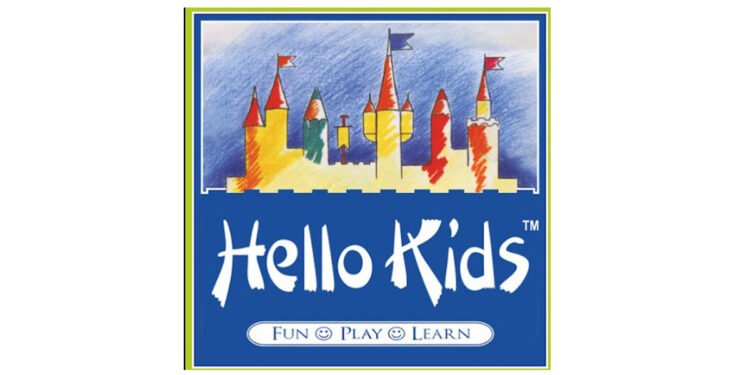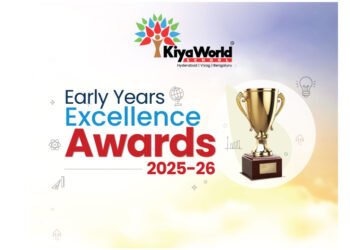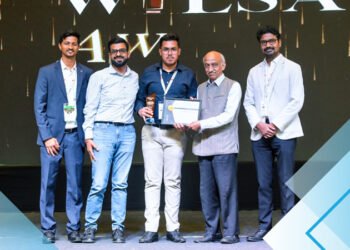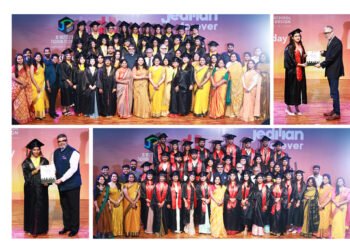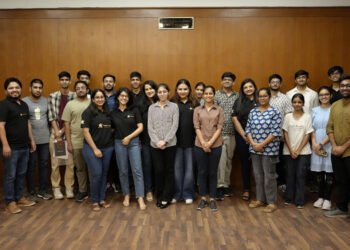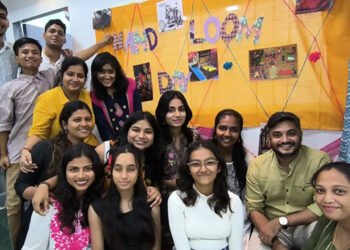As the founder of Hello Kids, Pritam Kumar Agrawal has reimagined early childhood education by fusing time-tested Indian values with global best practices. From integrating Montessori, Play Way, and Gurukul methods into a cohesive learning model, to expanding consistently across Tier 2 and Tier 3 cities, Hello Kids is setting new benchmarks in affordability, quality, and inclusivity. In this conversation, Agrawal shares how Hello Kids is shaping future-ready learners while staying rooted in India’s cultural and educational ethos.
1. Hello Kids offers a unique blend of Montessori, Play Way, and Gurukul learning methods. How do you seamlessly integrate these diverse philosophies into your everyday teaching practices?
At Hello Kids, we’ve thoughtfully designed our pedagogy to harness the strengths of each methodology—Montessori’s self-directed learning, Play Way’s experiential and joyful environment, and Gurukul’s emphasis on values and discipline. Our curriculum integrates activity-based modules, sensorial materials, storytelling, music, and cultural rituals that align with a child’s developmental needs. Teachers are trained extensively to apply these philosophies in balance, creating a holistic learning experience that encourages curiosity, builds foundational skills, and nurtures emotional intelligence.
2. With a growing network of franchise schools, how does Hello Kids maintain consistency and ensure high standards of early childhood education across all locations?
Consistency in quality is at the heart of our expansion model. We have a robust onboarding and training program for all franchise partners, which includes academic orientation, operational guidance, and regular audits. Our centralized academic team provides lesson plans, assessment guidelines, and teacher development modules, ensuring every center delivers the same high-quality learning experience. Technology also plays a key role—we use digital platforms to monitor implementation and offer ongoing support across our network.
3. In today’s digital-first world, how is Hello Kids evolving its curriculum and teaching methods to stay relevant and prepare children for the future?
While we believe in limited screen exposure at the early childhood stage, we also understand the importance of digital literacy and future-readiness. Hello Kids is evolving by integrating STEM-based activities, foundational coding concepts through unplugged games, and digital aids that encourage visual and auditory learning. Additionally, we focus on developing 21st-century skills like collaboration, communication, problem-solving, and adaptability—ensuring our children are prepared for the dynamic world ahead.
4. Expanding into Tier 2 and Tier 3 cities comes with its own challenges. What have been your key learnings while scaling Hello Kids across India?
One of our key learnings has been the importance of contextual adaptation. Every region has unique cultural, linguistic, and infrastructural realities, and we’ve learned to be flexible without compromising on quality. Affordability, accessibility, and community trust are critical in these markets. We’ve also realized the significance of empowering local entrepreneurs and teachers—when they feel invested, the centers thrive. Our success in these regions comes from building strong partnerships and offering a relevant, value-driven educational model.
5. Looking ahead, how do you see the early childhood education landscape evolving in India, and how is Hello Kids preparing to lead in that future?
India’s early childhood education sector is poised for transformation, with increasing awareness about brain development in the early years and growing demand for structured preschooling. We foresee a shift toward more inclusive, experiential, and tech-integrated learning environments. Hello Kids is preparing for this future by continuously upgrading our pedagogy, expanding our research-backed curriculum, and investing in teacher training and innovation. Our goal is to be a pioneer in delivering affordable, quality preschool education that empowers the next generation of learners, across every corner of the country.


